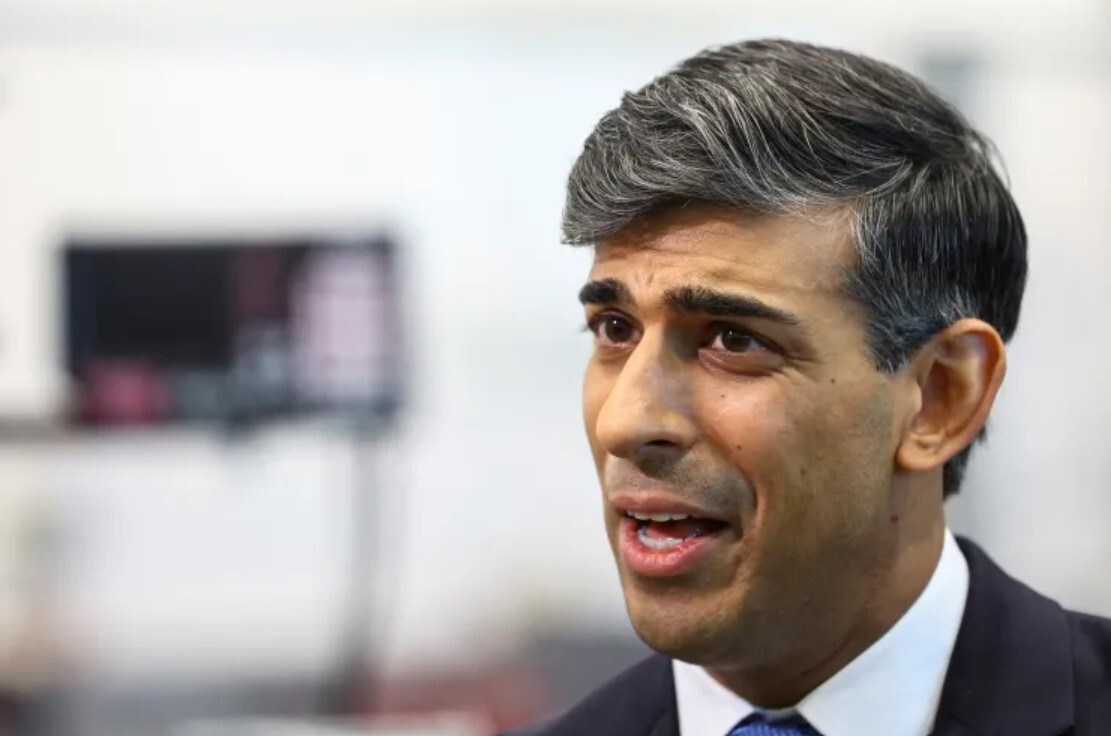


The United Kingdom (UK) recently increased the minimum income criteria for sponsoring family members on visas. This initiative, spearheaded by Prime Minister Rishi Sunak and the Home Secretary, seeks to address concerns about high levels of immigration while reducing the burden on taxpayers.
The income requirement for sponsoring family visas has risen from £18,600 to £29,000, a more than 55% increase. By early 2025, this barrier will rise to £38,700, matching the income requirement for Skilled Worker visas.
These changes demonstrate the government's commitment to modernising the immigration system and making newcomers financially self-sufficient.
The rationale for these reforms is to reduce unsustainable migration rates and keep immigrants from relying on public funds.
Home Secretary James Cleverly emphasised the importance of taking prompt action to relieve the stresses that mass migration places on public services, housing, and local labour markets. The government's goal is to promote a high-skill, high-wage economy that does not rely heavily on mass migration.
These regulations also seek to preserve British workers and wages while encouraging investment in homegrown talent. The new income criteria aim to find a balance between family reunification and economic sustainability, ensuring that families settling in the UK can provide for themselves financially without burdening taxpayers.
The full package of adopted measures includes not only income threshold increases, but also harsher student visa requirements and higher health fees for foreign nationals who use the National Health Service (NHS).
These policies are part of a larger goal to reduce total immigration numbers and establish an immigration system that prioritises top-tier international talent while protecting British interests.
The government's goal is to create a well-managed immigration system that benefits both newcomers and the wider UK population. These amendments are an important step towards reaching that aim, reflecting the government's commitment to tackling immigration issues while promoting economic growth and stability.
Along with the income threshold increases, the UK has tightened student visa requirements, increased health fees for foreign people who use the NHS, and raised the minimum salary for Skilled Worker visa holders.
The UK government has not stated any exemptions or special provisions regarding income thresholds for visa sponsors. However, the system may take into account unique situations on a case-by-case basis.
Individuals can assess their financial condition, consider methods for growing income or savings, and seek help from immigration specialists or official government sources on how to satisfy the income threshold requirements.